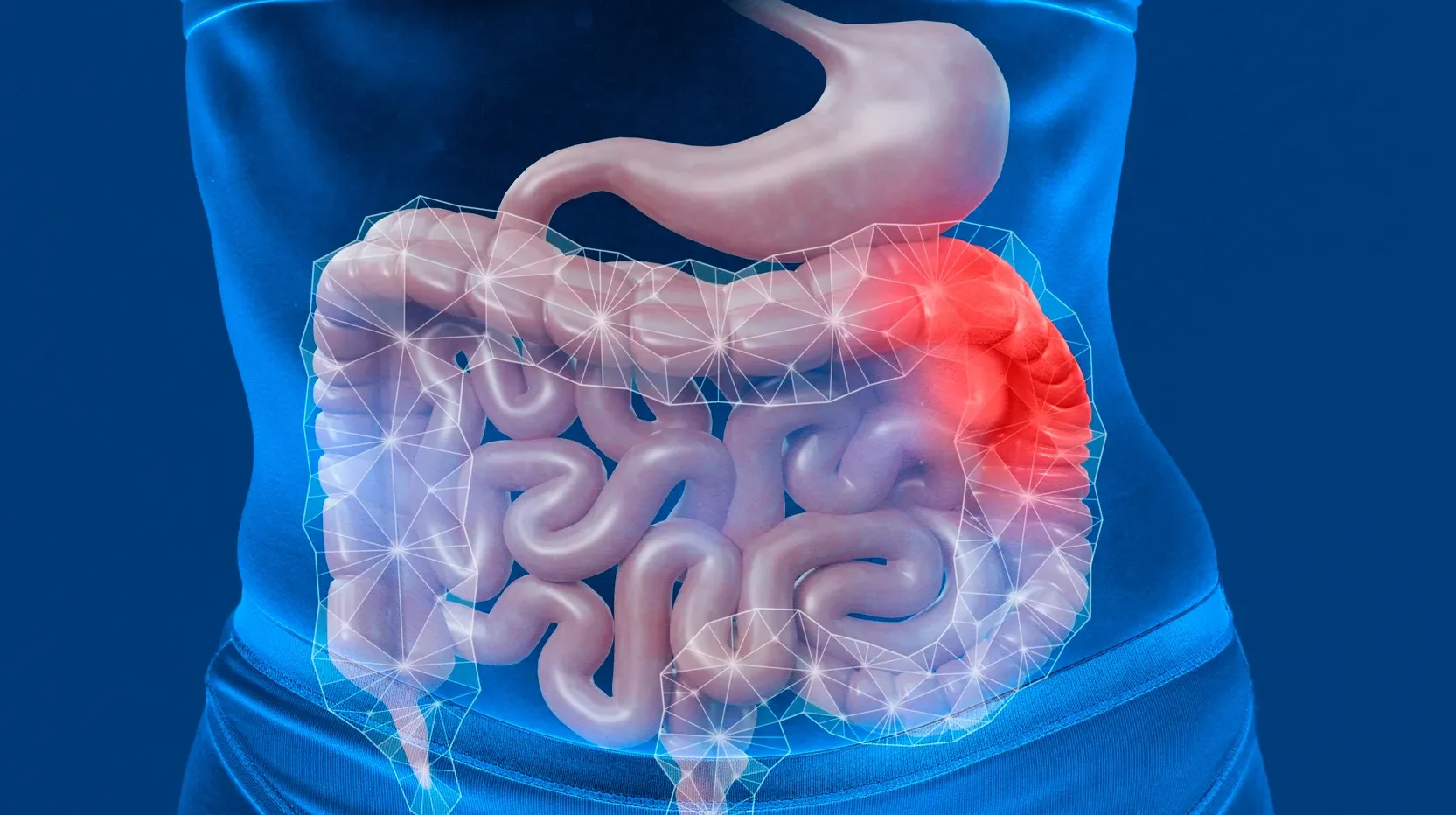DOI: 10.2174/0929867326666190507084839
In the realm of oncology, the tailored approach to cancer treatment has gained significant attention. Recent developments, particularly in rectal cancer management, have shed light on the potential of circulating biomarkers to predict the efficacy of neoadjuvant chemoradiotherapy (pCRT). A pivotal review analyzes the advancement in blood-based biomarkers to prognosticate pathologic Complete Response (pCR) in patients with Locally Advanced Rectal Cancer (LARC), touching upon the pressing need for predictive biomarkers given the variable response rates post-treatment. This comprehensive article intends to explicate the findings published in “Current Medicinal Chemistry” to help healthcare professionals and researchers understand the clinical benefits and limitations of these emerging biomarkers.
The Heterogeneity of Rectal Cancer Response to pCRT
Rectal cancer represents a considerable health challenge globally, with treatment responses varying remarkably among individuals. Notably, neoadjuvant chemoradiotherapy, a standard preoperative treatment for LARC, only elicits a pathologic complete response in roughly 21% of patients, as detailed by the authors Chiara Bedin, Sara Crotti, et al., in their insightful review. For the majority, partial or incomplete tumor regression is common, highlighting a critical proportion of patients who bear the adverse effects of therapy without substantial clinical benefit.
The Quest for Predictive Biomarkers
Recognizing the volatile nature of pCRT response, personalized medicine approaches are gaining momentum. Rectifying the “one-size-fits-all” methodology, clinicians and scientists are focusing on discovering and validating reliable biomarkers. These biomarkers could play an essential role in identifying patients likely to benefit from neoadjuvant treatments, sparing others from unnecessary side effects and allowing for alternative therapeutic strategies.
A Glimpse into the Future: Recent Advances in Blood-based Biomarkers
The analysis of circulating biomarkers in predicting pCR has generated a wave of studies conducted between 2012 and 2017, as identified by the researchers’ review. Circulating tumor cells (CTCs), circulating tumor DNA (ctDNA), RNA, and protein-based markers have all been investigated for their potential to serve as harbingers of treatment response. The utility of these factors rests on their non-invasive nature and the dynamic information they encompass regarding tumor biology and its interaction with therapy.
The Potential and Limitations of Current Approaches
The current research landscape abounds with a plethora of studies attesting to the prognostic and predictive capacities of circulating biomarkers. These studies, some still in their nascent stages, demonstrate a variety of methodological approaches, each with its own merits and limitations. Notable among them is the variability of sensitivity and specificity, technical challenges, and the need for standardized and robust assays.
The Current Medicinal Chemistry Review: A Critical Discussion
This crucial review conducted by scientists from the Nano-inspired Biomedicine Lab, Paediatric Research Institute-Città della Speranza, and the University of Padua, paves the way for discerning the actual clinical benefits of these biomarkers. The authors undertake a critical discussion, emphasizing that while the potential for these biomarkers to enhance treatment strategy is immense, the path is marred by current limitations in methodology and analytical precision.
Embracing a New Era in Rectal Cancer Treatment
Advancements in the identification of predictive circulating biomarkers could usher in a new paradigm of cancer care, where treatment is not only based on the staging and anatomical location of the neoplasm but also on the individual’s biological response to therapy. As research continues to evolve and overcome present challenges, the future appears promising for biomarkers guiding therapy choices and improving patient outcomes.
The Takeaway: Balancing Optimism with Realism
While the burgeoning body of research instills hope for a more predictive future in cancer therapy, the medical community remains cautiously optimistic. Amidst high expectations, the researchers advocate for more robust studies and validation in diverse population cohorts to fully assimilate and reap the benefits of circulating biomarkers in the clinical setting.
References
1. Bedin, C., Crotti, S., D’Angelo, E., D’Aronco, S., Pucciarelli, S., & Agostini, M. (2020). Circulating Biomarkers for Response Prediction of Rectal Cancer to Neoadjuvant Chemoradiotherapy. Current Medicinal Chemistry, 27(25), 4274–4294. DOI: 10.2174/0929867326666190507084839
2. Maas, M., Nelemans, P. J., Valentini, V., Das, P., Rödel, C., Kuo, L. J., … & Lambregts, D. M. (2010). Long-term outcome in patients with a pathological complete response after chemoradiation for rectal cancer: a pooled analysis of individual patient data. Lancet Oncology, 11(9), 835-844.
3. Wan, J. C. M., Massie, C., Garcia-Corbacho, J., Mouliere, F., Brenton, J. D., Caldas, C., … & Rosenfeld, N. (2017). Liquid biopsies come of age: towards implementation of circulating tumour DNA. Nature Reviews Cancer, 17(4), 223-238.
4. Tsai, H.-K., Laffan, A. M., & Löffler, A. I. (2019). Circulating Tumor DNA as an Early Cancer Detection Tool. Pharmacology & Therapeutics, 193, 1-9.
5. Siravegna, G., Marsoni, S., Siena, S., & Bardelli, A. (2017). Integrating liquid biopsies into the management of cancer. Nature Reviews Clinical Oncology, 14(9), 531-548.
Keywords
1. Circulating Biomarkers Rectal Cancer
2. Neoadjuvant Chemoradiotherapy pCRT Response
3. Predictive Biomarkers Oncology
4. Non-invasive Cancer Biomarkers
5. Pathologic Complete Response LARC
This comprehensive article successfully merges the technical insights with an accessible narrative for a wider audience, highlighting the current and potential trajectories in rectal cancer treatment through circulating biomarkers. As medical literature continues to grow in this area, we look forward to the developments that will shape the future of personalized medicine in oncology.
